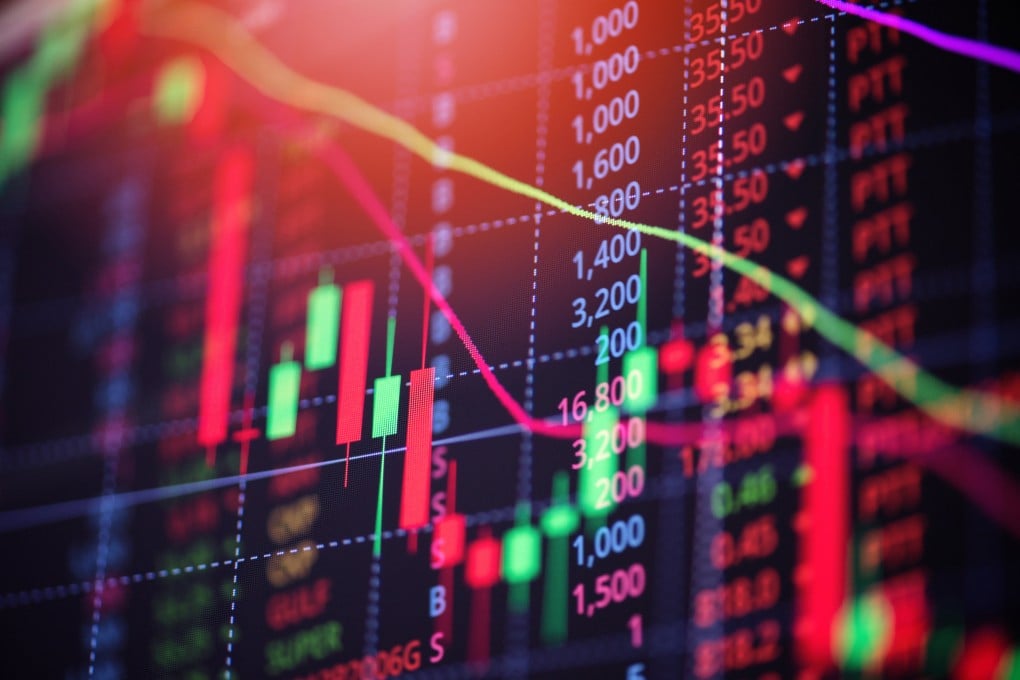Advertisement
Macroscope | How crash-sobered markets can start funding climate action and other urgent areas
- Hopefully, capital market reforms and new investor attitudes will finally channel much-needed funds properly into climate action, health services and infrastructure development
Reading Time:3 minutes
Why you can trust SCMP
1

Stock markets – Wall Street especially – now resemble a huge marquee party where the champagne and fun are running out fast but few wish to leave because it’s raining outside and there’s no place else to go. But the time is up, the party is about over and the last man out is an idiot.
Besides, the marquee needs to be cleared for the next event, which will look very different to the fizzy tech-stock party that has intoxicated so many investors for so long. It’s going to be a new kind of capital markets convention, attended by sobersided bond and fixed-income investors.
It will be a time when markets have to get serious about providing long-term capital to meet dire and imminent threats such as climate change or the need for post-pandemic health and other infrastructure. It will be a time, too, of increasingly state-influenced capital markets (by China and others).
Advertisement
The current bull market in stocks on Wall Street has endured for so long (a dozen years if the temporary correction induced by the Covid-19 pandemic impact early last year is discounted) that it is tempting to believe those who argue it can continue to run indefinitely on the back of easy money.
This is almost certainly wrong. Recent inflation data from the United States and Britain have shown upwards pressure on prices. Even if this is a temporary cost-push, rather than demand-pull, phenomenon, it has investors worried that the best they can hope for is no monetary tightening and not further easing.
Not even euphoric Wall Street investors with their “irrational exuberance”, to quote former US Federal Reserve chairman Alan Greenspan, can ignore this for long. Once stock prices correct they will not do so in an orderly fashion. They may climb a “wall of fear” on the way up but they go off a precipice on the way down.
Advertisement
Select Voice
Choose your listening speed
Get through articles 2x faster
1.25x
250 WPM
Slow
Average
Fast
1.25x
